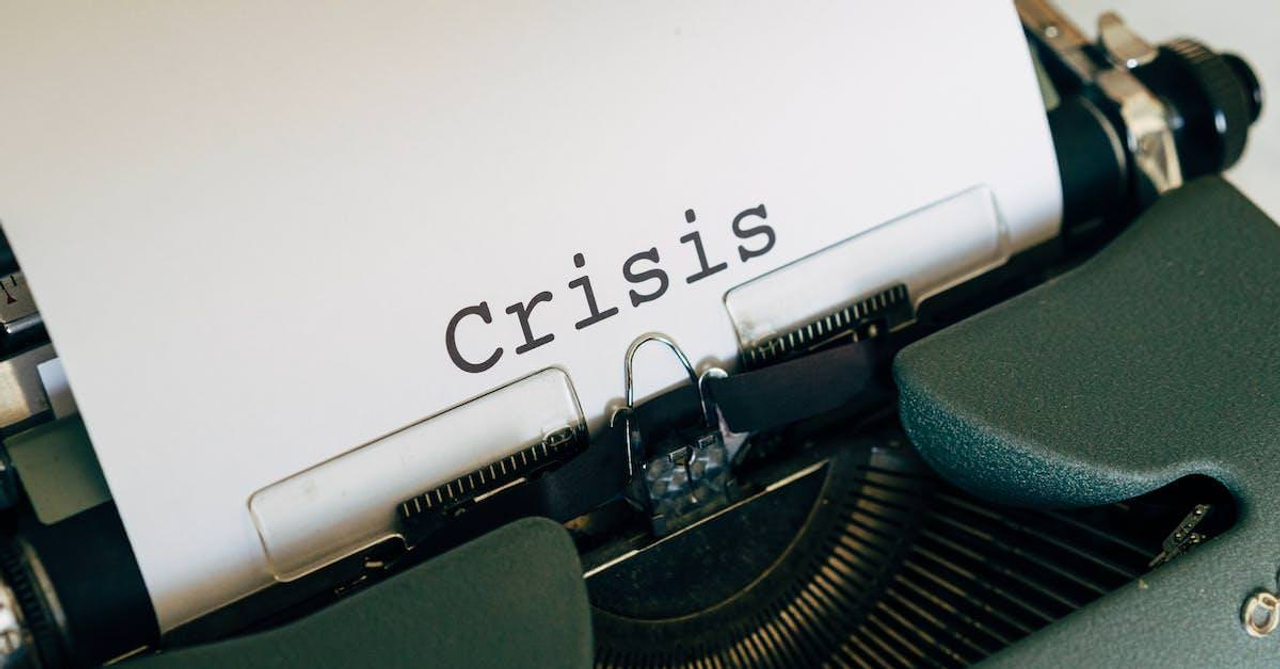The Importance of Self-Care in Stress Management

Our lives now include a lot of stress, which has a negative impact on both our physical and mental health. Even though stress in our lives cannot be completely eliminated, it can be controlled by engaging in self-care. To maintain a balance between your work and personal lives, self-care entails taking care of your physical, emotional, and mental health. In this article, we'll talk about the importance of self-care for stress reduction and examine some practical ways to incorporate it into your daily routine. You can lower your stress levels, elevate your mood, and improve your general quality of life by incorporating self-care practices into your daily routine. So let's get started and discover more about the significance of self-care for stress reduction.
The Relationship Between Stress and Self-Care
Although stress is a normal part of daily life, it must be properly managed to prevent damaging effects on our health. Self-care techniques are crucial because stress can have a significant negative impact on our mental, emotional, and physical health. Self-care can aid in stress management, which can enhance one's mental well-being, self-awareness, and self-esteem.
Simple self-care routines include exercising frequently, eating a balanced diet, getting enough sleep, and engaging in mindfulness meditation. These self-care techniques can all lessen the toll that stress takes on our bodies and minds. Stress levels can also be lowered by participating in hobbies, spending time with loved ones, and learning relaxation techniques.
Overall, it is obvious how stress and self-care are related. We can successfully manage stress by prioritizing our health and practicing regular self-care, which will result in a happier, healthier life.
The Benefits of Self-Care for Stress Management
Life will inevitably involve stress, which can be detrimental to our physical, emotional, and mental health. Self-care is a potent tool that can aid in stress management and wellness in general.
We can unwind and relax thanks to self-care, which is one of its main advantages. Stress levels are lowered and feelings of happiness and contentment are elevated when we take care of ourselves and do things we enjoy. Self-care also enhances our ability to focus and concentrate, which increases our effectiveness and productivity in daily activities.
Self-care has the added advantage of promoting a greater sense of self-awareness. We can learn to comprehend our thoughts, emotions, and behaviors by regularly checking in with ourselves and determining our needs. Having more self-awareness can help you make better decisions and have better interactions with other people.
Overall, self-care is a crucial part of stress management that can enhance our productivity and efficiency, physical and emotional health, and foster a greater sense of self-awareness. We can lead lives that are more balanced and fulfilling by making self-care a priority.
How to Make Self-Care a Part of Your Daily Routine
A crucial component of self-love and personal development is self-care. Self-care must be a part of your daily routine if you want to be mentally, physically, and emotionally healthy. Here are a few methods for starting it:
Start Your Day with a Self-Care Ritual
Setting the tone for the rest of the day with a self-care ritual in the morning. It can be as easy as relaxing with a few deep breaths, doing some stretches, or sipping some warm tea. Invest at least 5 to 10 minutes each morning in a self-care routine that you enjoy. You will experience a constant sense of renewal, clarity, and vigor.
Take Breaks and Disconnect from Technology
Being connected to technology all the time can cause stress and anxiety. You can reset and declutter your mind by taking breaks and avoiding technology. To disconnect from technology, set aside some time each day to go for a walk, practice meditation, or just relax with a book. You can recharge your batteries and develop more meaningful relationships with those around you by cutting off from technology.
Practice Gratitude and Positive Affirmations
You can change your perspective from issues to blessings by cultivating gratitude and using positive affirmations. Spend a few minutes each day thinking about all the things you have to be thankful for, no matter how small. Write down your positive affirmations or speak them aloud to yourself. Have faith in your capacity to overcome obstacles and accomplish your objectives.
Even though it may initially seem difficult, self-care must be given priority in daily life. You can notice significant improvements in your general wellbeing and stress management by implementing these straightforward practices.
Setting Boundaries is Important for Stress Management
An essential component of stress management is setting boundaries. We compromise our own wellbeing when we let others go beyond our boundaries, which causes more stress and burnout. It's crucial to set up distinct boundaries in both our personal and professional lives as a result.
Learning to say "no" when necessary is one way to establish boundaries. It's acceptable to turn down invitations, requests, or demands that conflict with our priorities or core values. We can use our time and energy more efficiently on things that are important to us because we are setting this limit and valuing them.
Learning to express our needs and expectations clearly is a crucial part of setting boundaries. If we don't communicate our boundaries, others might keep going over them without realizing it. As a result, it's critical that we express our boundaries in an assertive manner without resentment or remorse.
In conclusion, establishing boundaries is essential for stress management and fostering self-care. We take charge of our lives and put our wellbeing first by being aware of our boundaries, saying "no" when necessary, and being clear about our needs and expectations.
The Role of Self-Compassion in Stress Management
Most people struggle with stress, which can be detrimental to their physical and mental health. Self-compassion, which entails treating oneself with kindness and understanding, is a potent tool for stress management. It entails accepting one's feelings and becoming conscious of self-criticism, which frequently causes stress.
By altering how they view themselves and their circumstances, self-compassion enables people to handle stressful situations. People who practice self-compassion learn to acknowledge their struggles and demonstrate empathy, forgiveness, and understanding to themselves rather than feeling helpless or criticizing themselves. People can lower their stress levels, improve their wellbeing, and increase their resilience in the face of adversity by being kind to themselves.
Self-compassion is a skill that can be acquired, and it can be applied to daily life through mindfulness, meditation, and other practices. Making self-compassion a priority can help people better manage stress, which will lead to a happier, more fulfilling life.











